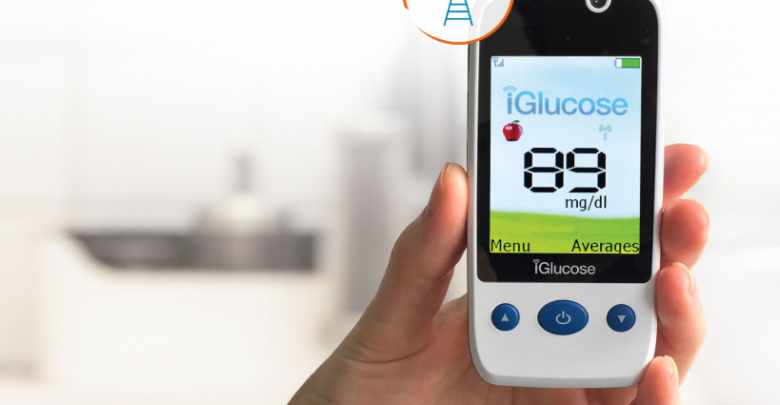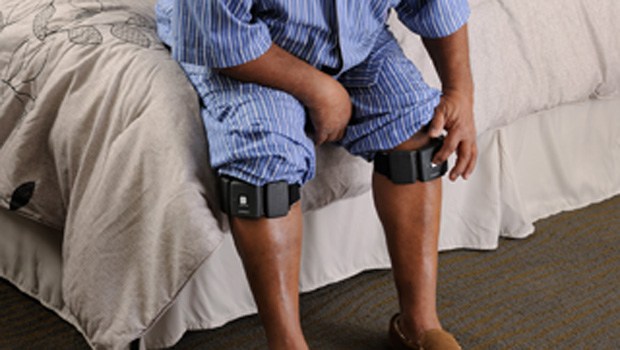Why RPM is Great for Your Diabetes
Remote Patient Monitoring is growing fast because patients succeed in managing their diabetes and physicians get data to improve care

I have been using the iGlucose® cellular meter from SmartMeter for several weeks and love the experience. I test normally and the meter automatically uploads my readings to my account, which I can share with anyone, or I can print summaries to take to my doctor.
No more logbooks. You can set up notifications to get text reminders. It is convenient and easy.
Cellular Meter

I spoke with Brahim Zabeli, CEO of SmartMeter, about their new meter which uses the ATT 4G/5G cellular data network.
SmartMeter is the first glucose meter to use advanced Cat-M cellular technology which provides:
- Very broad coverage to virtually everywhere in America
- Good signal strength for people living in densely populated areas including those living or working inside large buildings
- Long battery life
Brahim’s vision is that iGlucose becomes the blood glucose meter of choice for RPM services.
Remote Patient Monitoring (RPM)
Telemedicine has been in the news a lot recently because of COVID-19. It is the only way that many of us can get access to our doctors or other health care professionals.
Telemedicine includes Remote Patient Monitoring. RPM has been around for a long time and CMS (Centers for Medicare & Medicaid Services) has been expanding the scope of RPM services because they improve care and are more cost-effective than in-office care.
Technology firms like SmartMeter have developed devices that make it easy for patients to collect and share data with providers. In addition to blood glucose, there are cellular devices to measure blood pressure, blood oxygen saturation, and weight.
Why RPM Could be Great for You
Most of us know what we should do to take better care of ourselves. We just forget or say we will start tomorrow.
The best part of RPM services is that you develop a relationship with the person who is looking at your data. They see when you spike and text or call to ask why. Sometimes knowing that someone cares is enough for me to change my habits.
Keeping my health top of mind helps me make better choices. Just like going to Weight Watchers makes me think twice about what I eat.
While we hope COVID-19 goes away at some point, any of us who have diabetes that is not well controlled are vulnerable. RPM could help a lot of people.
Future of Care is Remote
Medical care has been a ‘hands-on’ experience since the Greeks formalized medical practice and thinking. Doctors are trained to observe you and your symptoms.
Technology has been augmenting health care for decades. Starting with measuring temperature, we now measure and analyze most aspects of health.
Over time, healthcare technology has become more capable, smaller, and cheaper. As an example, many of us wear a smartwatch that measures our heart rate and activity. Today, it is possible to gather all basic healthcare information from patients in their homes.
Even before COVID-19 taught us to avoid sick people, the economics of healthcare had changed to favor remote care. The high cost for building and staffing healthcare facilities is resulting in the allocation of care away from low-revenue chronic disease management. You may have noticed that it is more difficult to schedule a face-to-face appointment and there is less and less time spent with each patient who comes to a healthcare facility.
Added to these trends, there is growing evidence that the frequency of interaction is the most important aspect of better healthcare. Talking with someone frequently is likely to help you make better decisions than seeing a doctor for 15 minutes every 3-6 months.
So it is easy to predict that advances in technology combined with the high costs of traditional ‘hands-on’ healthcare will result in the migration of most patient interactions to telemedicine, with RPM being the leading edge of this transition.




